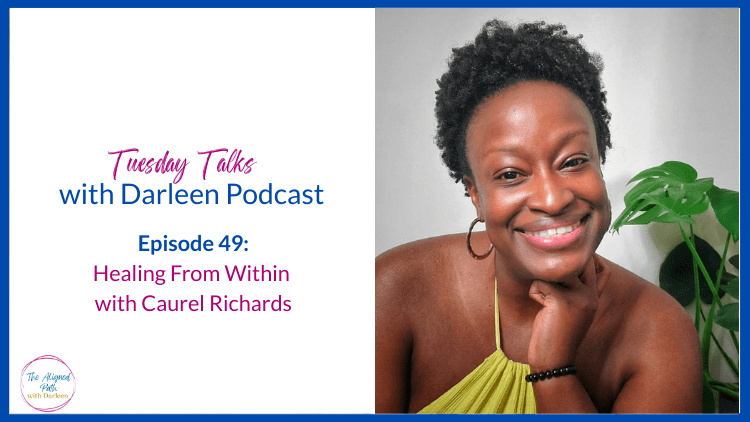Survival mode often begins as a protective mechanism. It helps the body and mind adapt to chaos, instability, and unprocessed trauma. But over time, what once ensured safety can become a barrier to joy, expression, and peace. The nervous system stays alert long after the danger has passed, and the habits that formed in childhood, compliance, self-silencing, overachievement, start to interfere with the life that’s now possible.
Survival mode is not about living, it’s about maintaining. Doing just enough to get through the day. Saying yes to stay accepted. Suppressing joy to avoid disappointment. And when those behaviours become embedded, it can feel like life is happening without consent. The disconnection from self deepens. And the belief that joy, peace, or authenticity is dangerous becomes automatic.
But awareness opens a new path. The moment survival mode is recognised for what it is, a response, not an identity, a different choice becomes available. The choice to stop repeating. To begin unlearning. To start creating a new reality, one where authenticity doesn’t feel like a threat but a birthright.

EPISODE 49: Listen using the player below, or click the links to your fave platform to subscribe and listen over there:
Understanding Survival’s Impact on Mental Health
The behaviours that grow from survival, perfectionism, self-silencing, people-pleasing, aren’t character flaws. They’re coping tools. They helped maintain connection when authenticity wasn’t safe. But over time, these same tools can lead to anxiety, depression, insomnia, and emotional burnout. The mind remains busy, not from productivity, but from the weight of unmet needs and unspoken truths.
There’s often a gap between what the heart wants and what the nervous system allows. One part wants to speak up, to be seen. Another part holds back, remembering the risks. This inner conflict creates exhaustion. It stalls progress. It leads to cycles of isolation and overwhelm. And healing begins when those parts are brought into conversation, not judged, but understood.
Mental health symptoms are often not the root, they are the signal. They reveal where connection to self has been lost. And in naming them, not as failures but as messages, the door opens for healing to begin with softness, not shame.
Reframing Inner Dialogue and Finding Voice
The internal voice shapes how healing unfolds. For many, that voice has been critical, harsh, or even invisible. Learning to speak with compassion is not just a mindset shift, it’s a nervous system intervention. It teaches the body that safety is possible. That mistakes are not dangerous. That being seen is not a threat.
- Survival mode conditions the mind to prioritise safety over authenticity
- Speaking up can feel unsafe even when it aligns with purpose or calling
- Conflict between wanting to be seen and fearing visibility creates paralysis
- Rewriting the story begins with recognising the thoughts that arise and questioning their origin
- Asking what anxiety or fear would say if it had a voice helps uncover core beliefs
This process isn’t linear. It’s layered. But each act of self-inquiry strengthens the voice, rebuilds trust in self, and makes space for expression that is both honest and empowering.
Self-Compassion as a Foundational Practice
Compassion is not soft. It’s strong. It holds space for the mess and the progress. It offers kindness not just in celebration, but in mistakes, missteps, and moments of grief. And for many who’ve lived in survival, self-compassion is the missing piece that changes everything.
It starts with questioning harsh inner talk. Noticing the tone. Choosing to respond differently. Shifting from “What’s wrong with me?” to “What do I need right now?” This small change opens room for truth. For awareness. For breath.
Self-compassion makes healing sustainable. It reduces the pressure to rush, to fix, or to perform growth. Instead, it honours the pace that the nervous system can hold. And from there, clarity begins to return, about what matters, what’s aligned, and what’s ready to be released.
Healing in the Present, Not the Past or Future
So much of anxiety and depression is rooted in time, living in the past, worrying about the future. But presence invites peace. It reminds the body that right now is safe. That not everything has to be solved at once. That joy can be found in this moment, even if it’s quiet or small.
Presence doesn’t demand perfection. It asks for attention. To notice what’s real right now. To move from the head into the body. To feel the ground beneath your feet. The sound of breath. The pause between sentences. And in that pause, healing begins.
Living in the now doesn’t ignore the past or dismiss the future. It simply gives the nervous system permission to rest. To integrate. To remember that peace isn’t found in control, but in release.
Final Reflections
Healing isn’t about returning to who you were before the trauma. It’s about becoming who you were meant to be all along. Survival may have shaped the early story, but compassion, presence, and voice can shape what comes next.
This is the power of self-awareness. Of listening deeply. Of choosing not to abandon self in the name of safety. Every moment of presence becomes a step toward freedom.
*Links are correct at time of publishing. Social Media Links for Caurel Richards:




